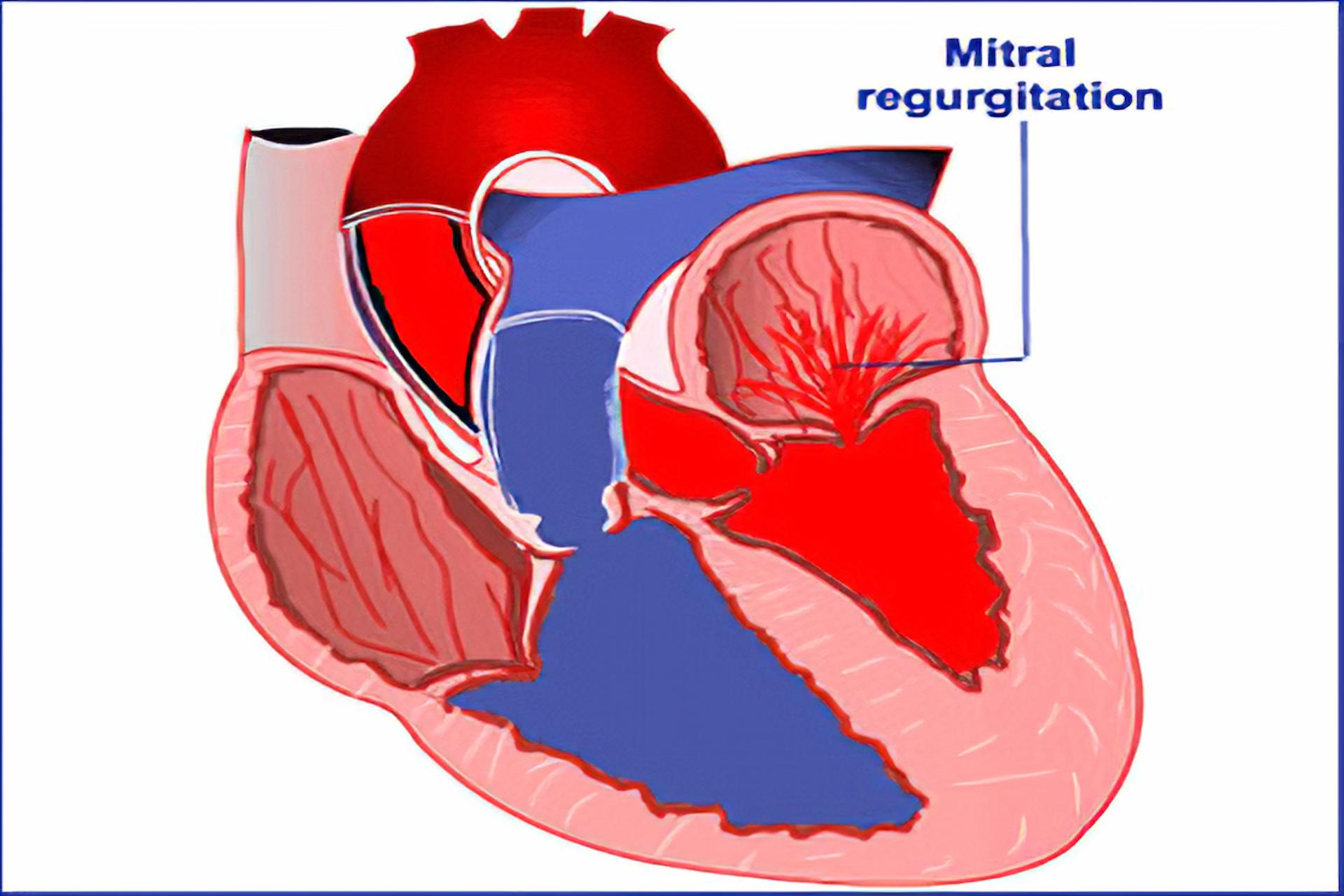A valve regurgitation issue arises when the blood starts flowing in the wrong direction inside the heart chambers. It can happen because of multiple reasons, including genetic complications, rheumatic fever, heart attack, radiotherapy, and the list goes on. Your doctor would be the right person to tell you the cause after a proper diagnosis, and he would also tell you the apt treatment to cure the disease.
As there are multiple reasons for a person suffering from mitral valve regurgitation the treatment procedures are also plenty. While some patients can heal with proper medications, others may have to go for elaborate surgeries. So, if your body is showing signs of this disease, which include:
- Heart murmur, the sound of blood flowing across the valve.
- short breathe or getting tired after doing some physical activity
- Swelling in ankles or feet.
- Heartbeat changing its pace rapidly
If you experience that your body is giving any unusual signs, you should immediately seek medical assistance from a doctor.
Treatment Options For Mitral Valve Regurgitation
Some possible treatment options for this improper blood flow are listed below.
Medication
You can get better with proper oral medications if the situation has not worsened. Your doctor will run some tests to diagnose the issue and to understand its severity. If he feels things are under control, he wouldn’t go for the surgery and would only recommend some medicines. Some of the commonly used medications are:
- Diuretics; prevent the fluids from accumulating in the body and encourage their removal through urination.
- Beta Blockers; medicines that keep your heart rate under control.
- Antibiotics; help prevent any infection that you might have developed.
Surgery
If the situation is out of control, the only option left is surgery. Through surgeries, your doctor would repair or replace the valve, ensuring your heart starts working fine. After conducting different tests, your doctor will suggest if you need to go for the repair if your valve needs replacement. It does take time for recovery, but the success rate is high.
Non-Surgical Procedures
Other than invasive surgeries, there are non-invasive treatments for mitral valve regurgitation that also prove effective. Some of the procedures that your doctor would recommend are:
- Re-modelling the valve by removing the part of the leaflet tissue and connecting the remaining portion with the sutures.
- He can do chordal transportation, repositioning the muscles that connect the left side heart ventricle to the mitral valve.
There are multiple other options available, so your doctor will decide what he wants to start.
Along with these treatment options, your doctor would recommend some lifestyle changes to ensure an effective solution. You would only have to ensure that the doctor you choose has proven expertise in the field and holds a track record of treating patients with similar ailments before. Meet him to discuss your concerns, ask all your queries and rest assured that he will help you stay in the pink of your health.







